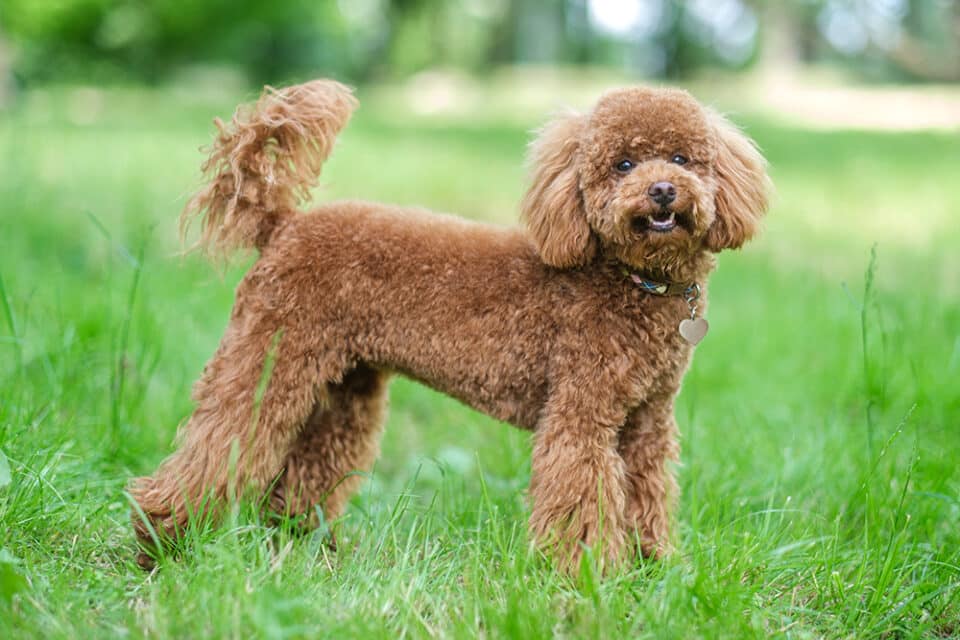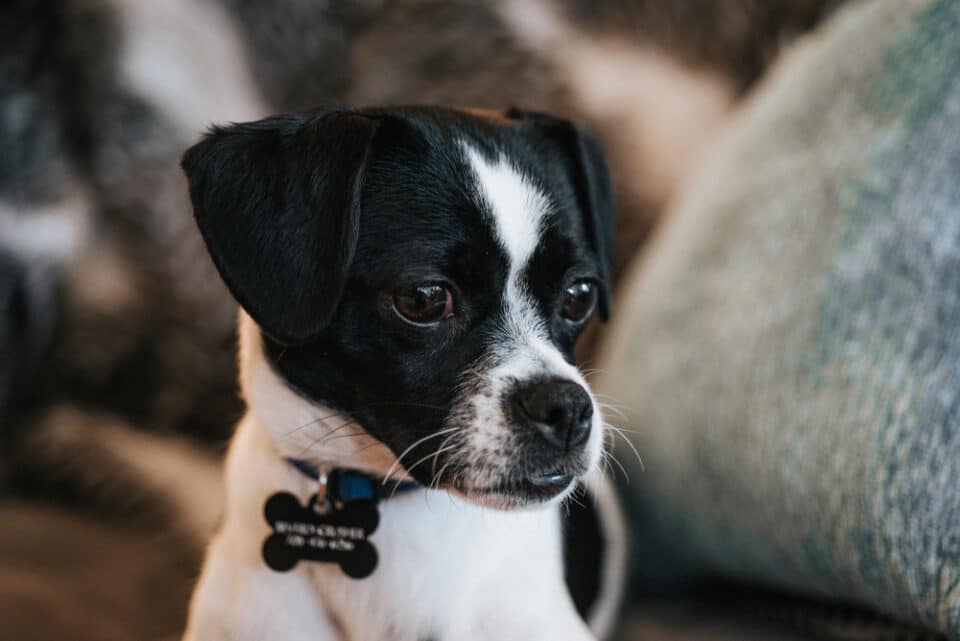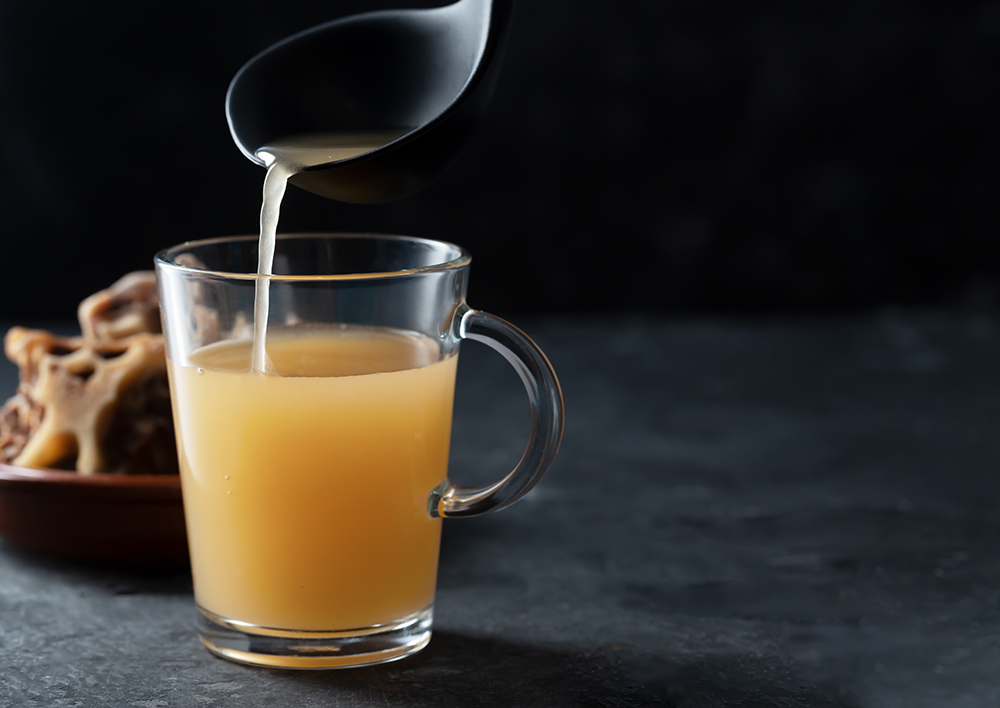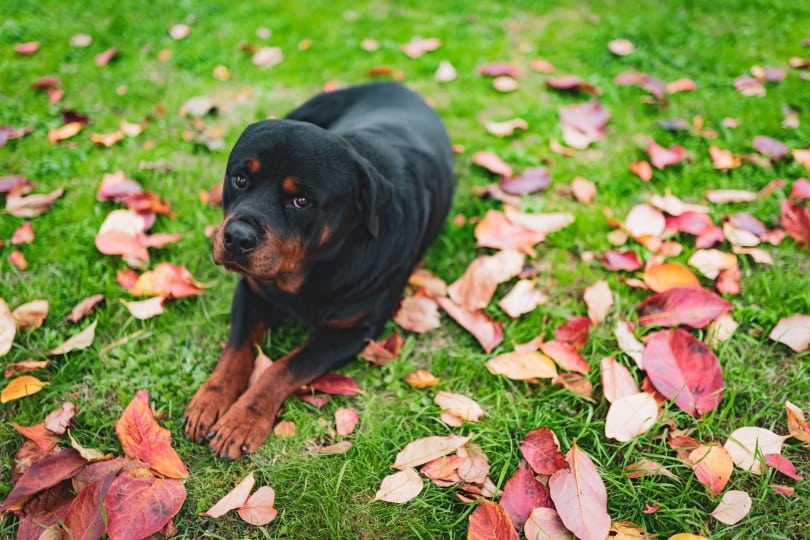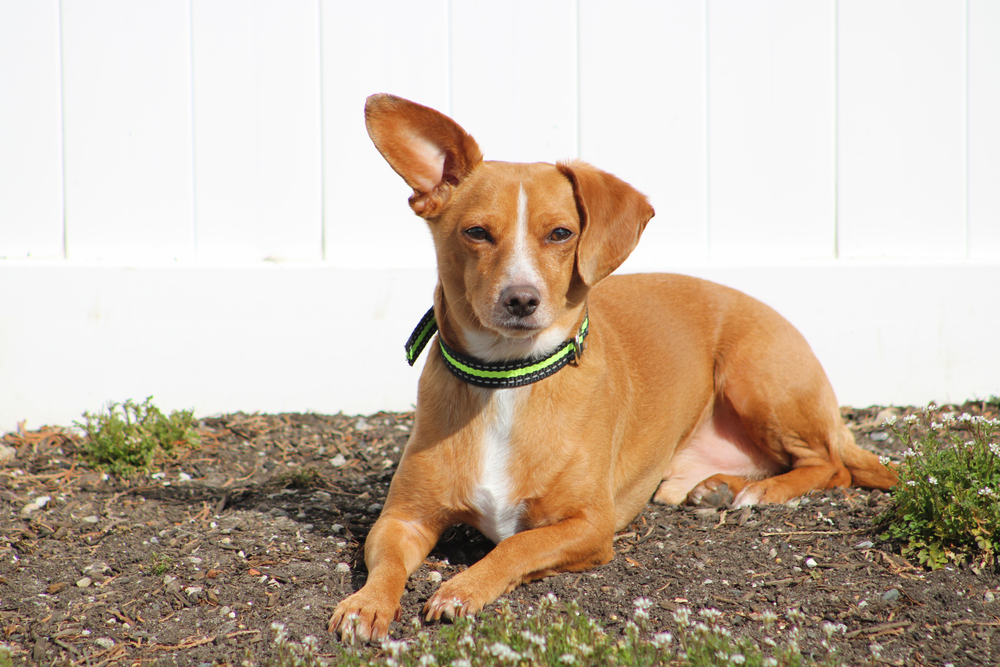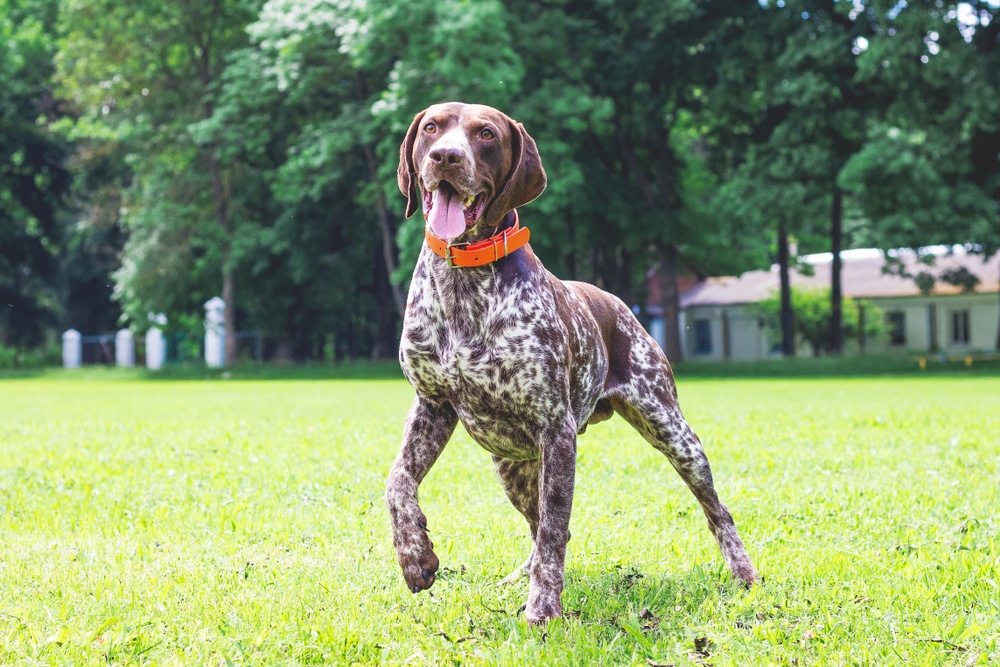Meet the Bascottie, a delightful mix of Scottish Terrier and Basset Hound with unique quirks and charms.
- These lovable pups, though not for everyone, bring a blend of high energy and low-key temperament.
- Navigating their care requires insight into their prey drive, social tendencies, and grooming needs.
- This hybrid breed thrives in apartments but needs consistent training and exercise to channel their energy.
- Their health and well-being demand attention due to inherited traits from both parent breeds.
Prepare to be charmed by the Bascottie, a mix of the independent Scottish Terrier and the easygoing Basset Hound. While their name might sound like a sweet cookie, these dogs possess a delightful blend of qualities from each parent breed.
Standing 9–15 inches tall and weighing between 19-65 pounds, these pups are typically as spirited and affectionate as they are patient and independent. This mix is not for everyone, though. The Bascottie’s high-energy nature means they’ll need mental and physical stimulation to stay happy. If you’re considering one, make sure their energy fits your lifestyle.
Personality-wise, Bascotties can vary. They might inherit the Scottie’s feisty vibe or the Basset’s mellow charm. Either way, socialization is key. These pups bond closely with humans, enjoying attention without being overly clingy. But be warned: they might be standoffish with strangers and have a strong prey drive, making a leash a must in public.
These dogs are great for families, combining Basset friendliness with the Scottie’s loyalty. However, given the Scotties’ tendency to snap, families with older kids might be a better fit. The watchdog potential is there if the Scottie genes dominate, but remember, each dog is unique.
The Bascottie is a bit of an oddball when getting along with other pets. Basset genes mean they might play nice, but Scottie genes can make them a bit aggressive, especially with dogs of the same sex. Socializing early and cautiously introducing them to smaller animals is advisable.
Their diet should match their life stage, but keep an eye out for bloat, thanks to the Basset’s deep chest. High-value treats can be great for training, especially since these clever dogs respond well to food. Regular walks and playtime totaling about an hour a day will keep them fit and happy.
Grooming needs depend on which parent your Bascottie’s coat takes after. Basset attributes require more maintenance, like cleaning their droopy ears and using antifungal shampoos for oily skin. If they’re more like a Scottie, regular brushings to prevent matting are essential.
Health is a mixed bag. Bascotties might inherit health issues like skin and ear conditions, hip problems, or even certain cancers from their parent breeds. Regular vet visits are key to keeping them healthy.
Bascotties might not be the most popular breed around, but their unique blend of traits makes them an interesting choice for someone looking for a loyal companion with a bit of spunk.
The Bascottie is a unique hybrid with a blend of traits from its parent breeds, making them loyal and charming companions, best suited for families with older kids or individuals ready for their spirited nature.

